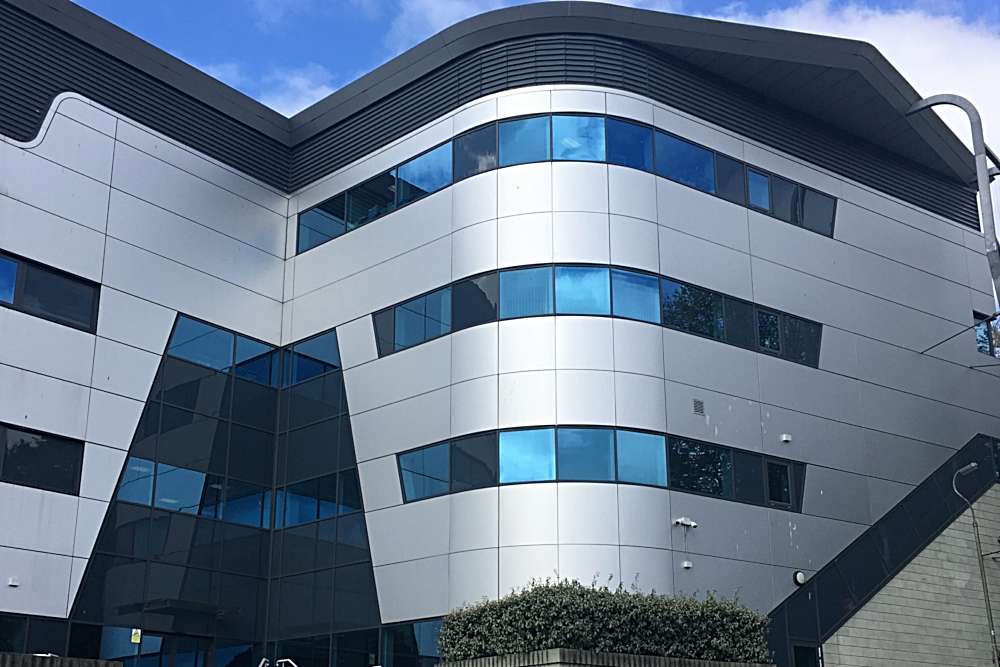
Artificial intelligence is being used to help the early detection of the coronavirus — and a University of Brighton scientist is part of a winning team that's making it happen.
According to the university's staff, a simple pinprick test, coupled with newly developed artificial intelligence, could predict infection before a standard test can diagnose the presence of the virus, as well as several new versions of coronaviruses in the future.
Researchers say that, using data made public from a hospital in Sao Paulo, Brazil, they were able to predict who had the virus based on the common pharmaceutical laboratory test of a full blood count.
Patients with coronavirus tended to have decreased levels of certain cells — platelets and types of white blood cells.
A simple calculation was then devised using four parameters of the blood counts, which could be used in hospitals after validation.
The team behind the project, Modelling and Prediction Pandemics (MaPP), recently won first prize at the week-long international Coronahack, an event which brought together some of the brightest minds in biomedicine and AI to stimulate the prospect of new and novel ideas to combat Covid-19.
The university's scientists say, since winning the competition, a paper has been written, submitted and accepted for publication in the International Immunopharmacology Journal in less than 6 weeks.
They believe this is a time scale which is far less than similar pieces of research would usually take.
The prize money and specially-fast processing equipment will be used to continue the research and further develop the AI modelling to help screen during future waves of the pandemic in Gabon.
The team was made up of Dr Louise Mackenzie from the University of Brighton's School of Pharmacy and Biomolecular Sciences, as well as researchers from the Universities of Oxford, Lincoln, Glasgow, Sheffield and Bristol with support from investors hospitals and members of the public.
Dr Mackenzie said:
"Working in such a focussed and productive way has been an extraordinary experience.
"It has been a privilege to see what can occur when a cross discipline multi-university group come together with one single purpose in mind. I hope this is the way we can work more in future."
The research has received support from the University of Brighton's Covid-19 Research Urgency Fund, which is helping to speed up research and enterprise activities related to the pandemic.
Research will continue to be conducted at the University of Brighton, with collaboration from the Universities of Oxford, Lincoln and Glasgow with new partners in Gabon (University of Science and Technology of Masuku).

 Katie Price Threatened With Jail If She Keeps Missing High Court Hearings About Her Bankruptcy
Katie Price Threatened With Jail If She Keeps Missing High Court Hearings About Her Bankruptcy
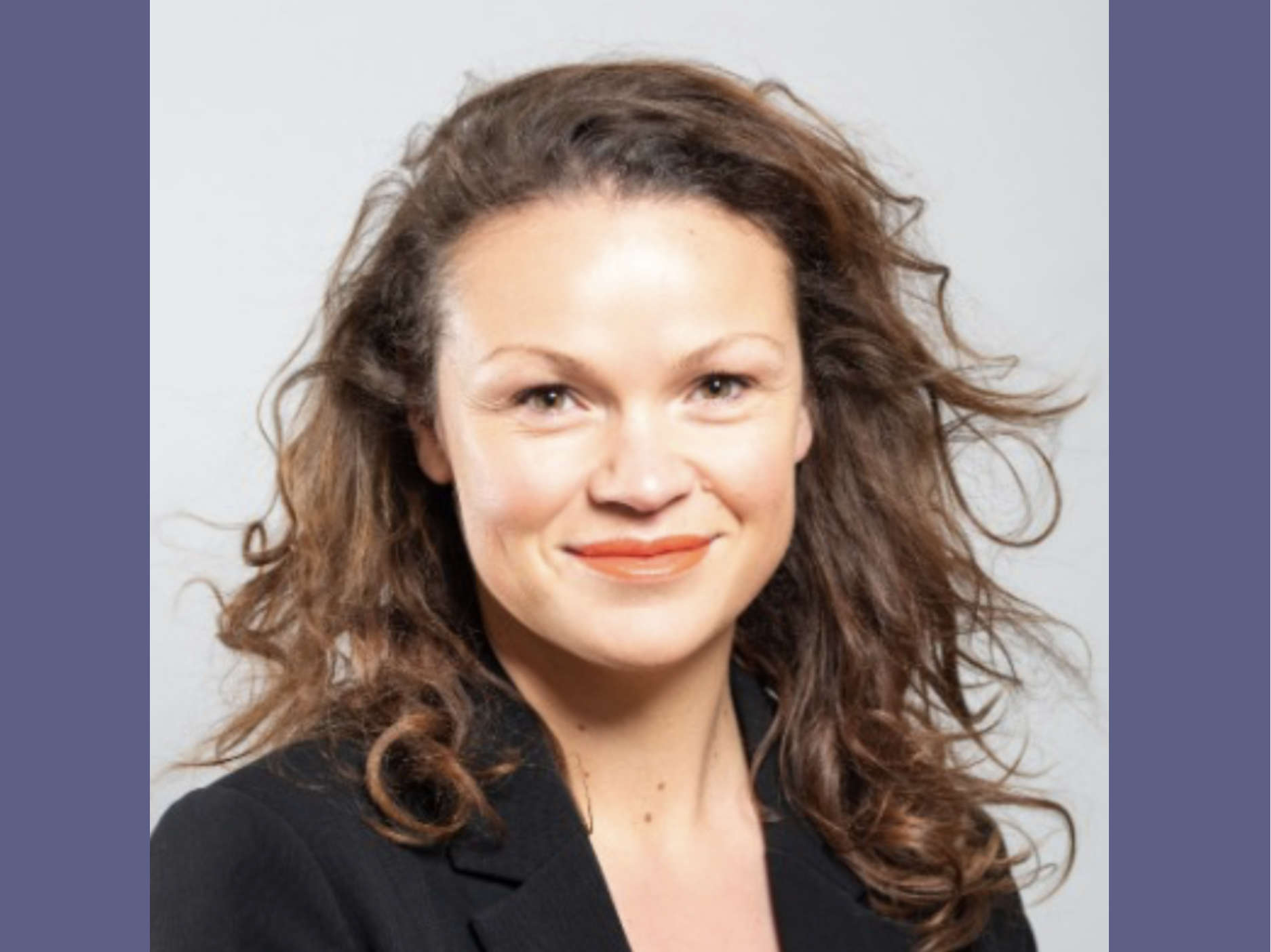 Brighton & Hove Leader Criticises Government's Growth Hub Plan
Brighton & Hove Leader Criticises Government's Growth Hub Plan
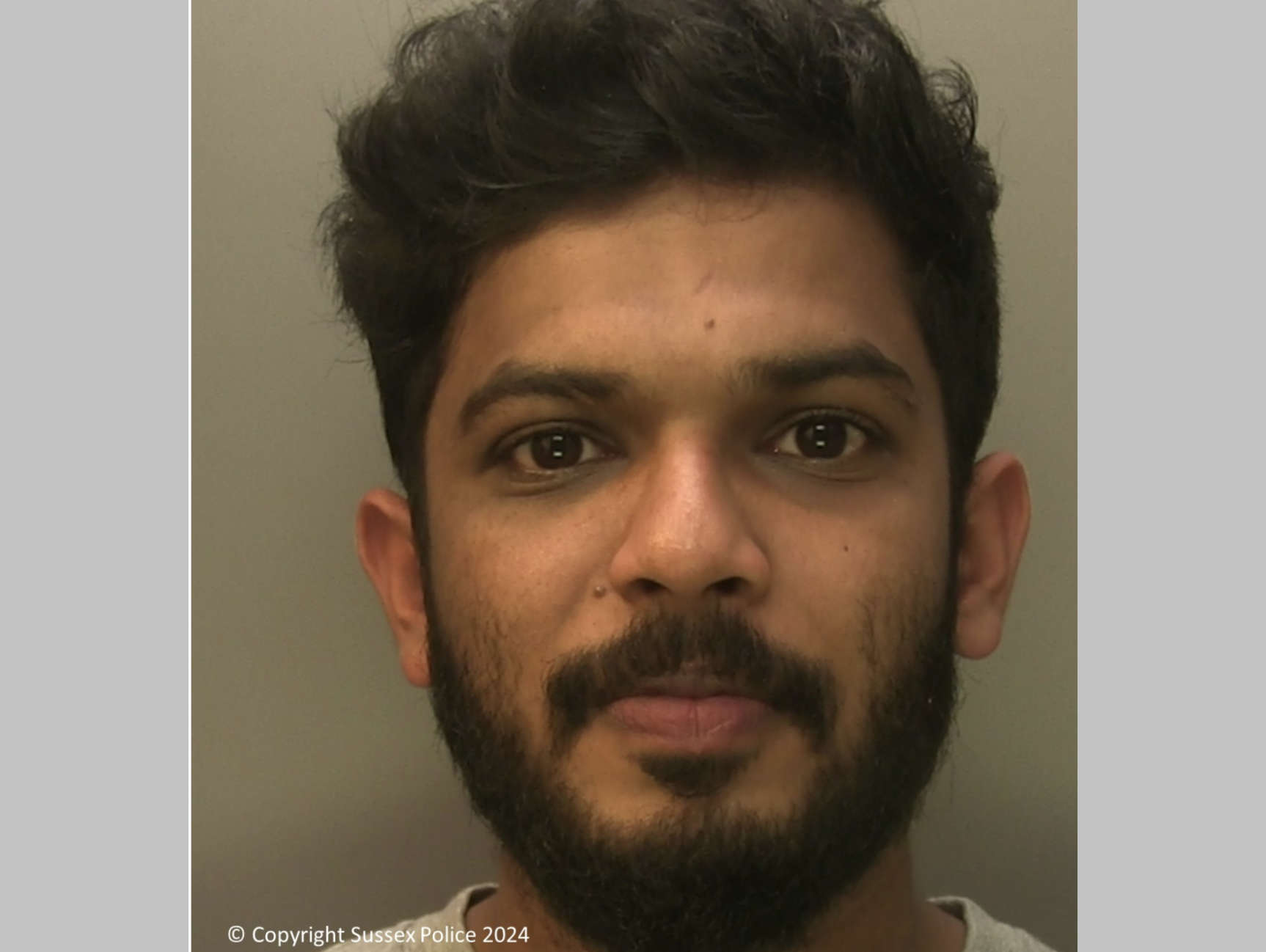 Man Sentenced For Fatal Hit And Run Crash In Eastbourne
Man Sentenced For Fatal Hit And Run Crash In Eastbourne
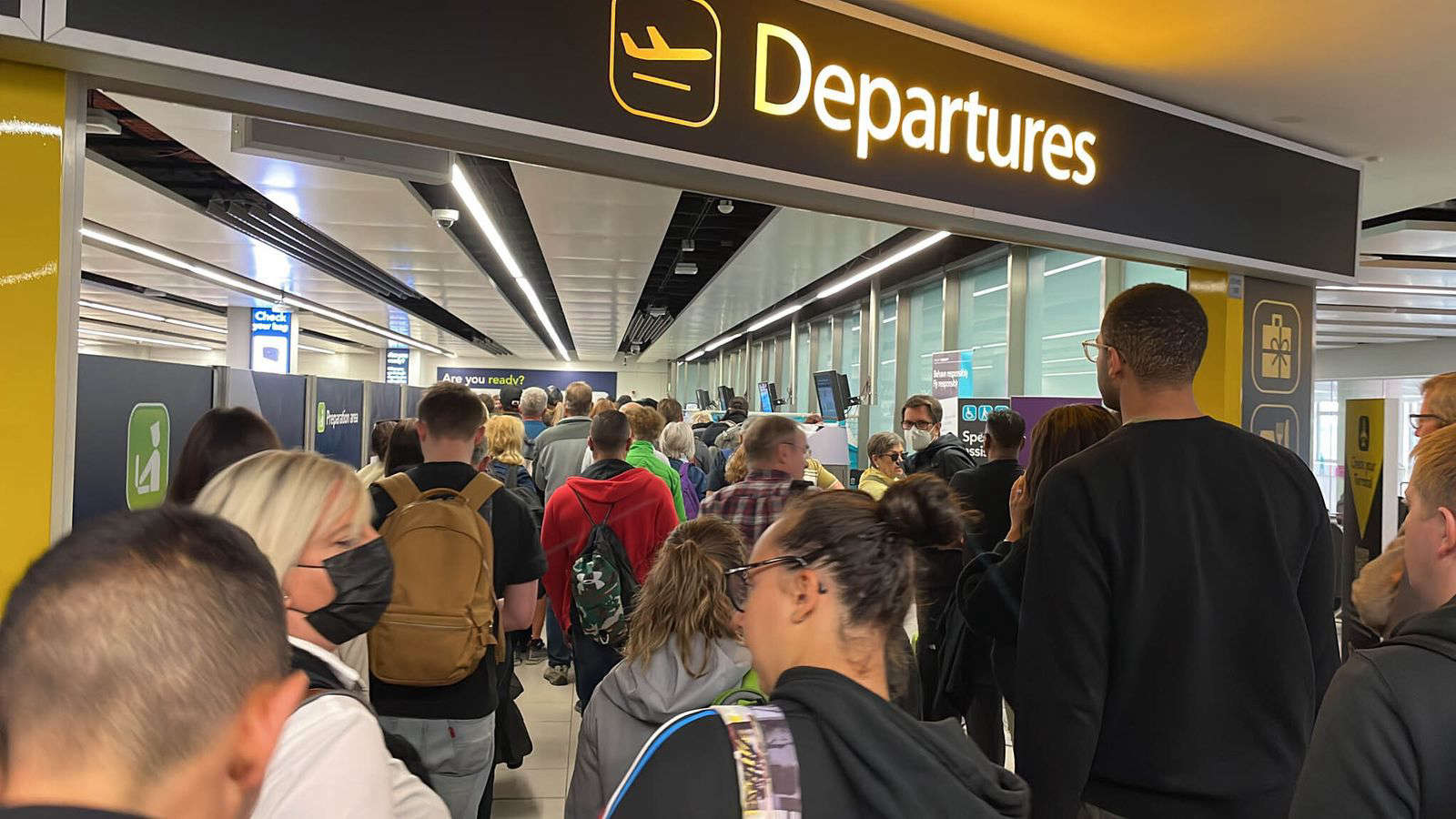 Gatwick ‘Meet And Greet’ Parking Firms: Passengers Urged To Do Their Research
Gatwick ‘Meet And Greet’ Parking Firms: Passengers Urged To Do Their Research
 Free Book On The Menu For West Sussex Meals On Wheels Clients
Free Book On The Menu For West Sussex Meals On Wheels Clients
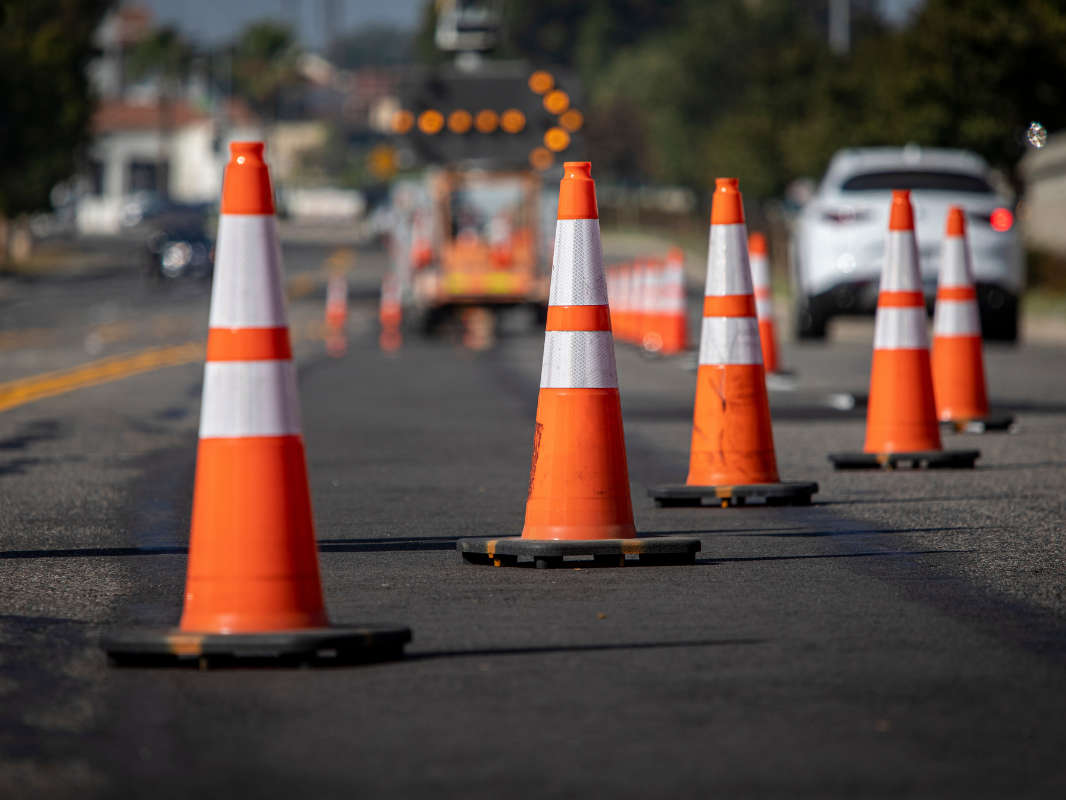 Resurfacing Work To Begin On Brighton's Lewes Road Next Week
Resurfacing Work To Begin On Brighton's Lewes Road Next Week
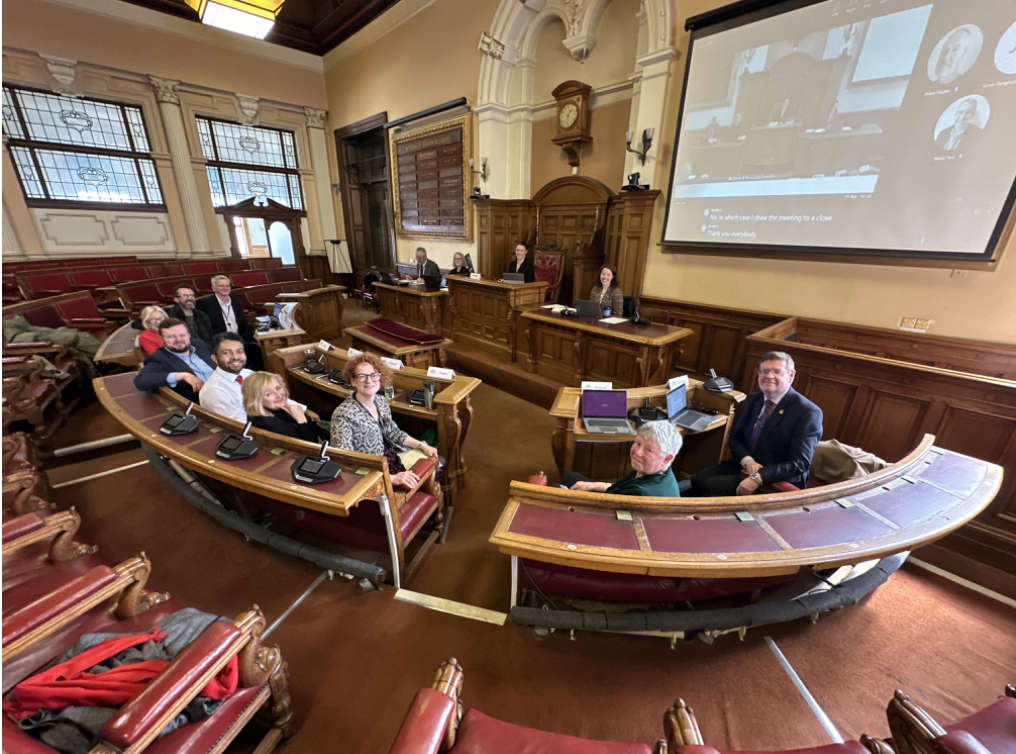 Brighton & Hove Councillors Vote To Scrap Member Appeals Panels
Brighton & Hove Councillors Vote To Scrap Member Appeals Panels
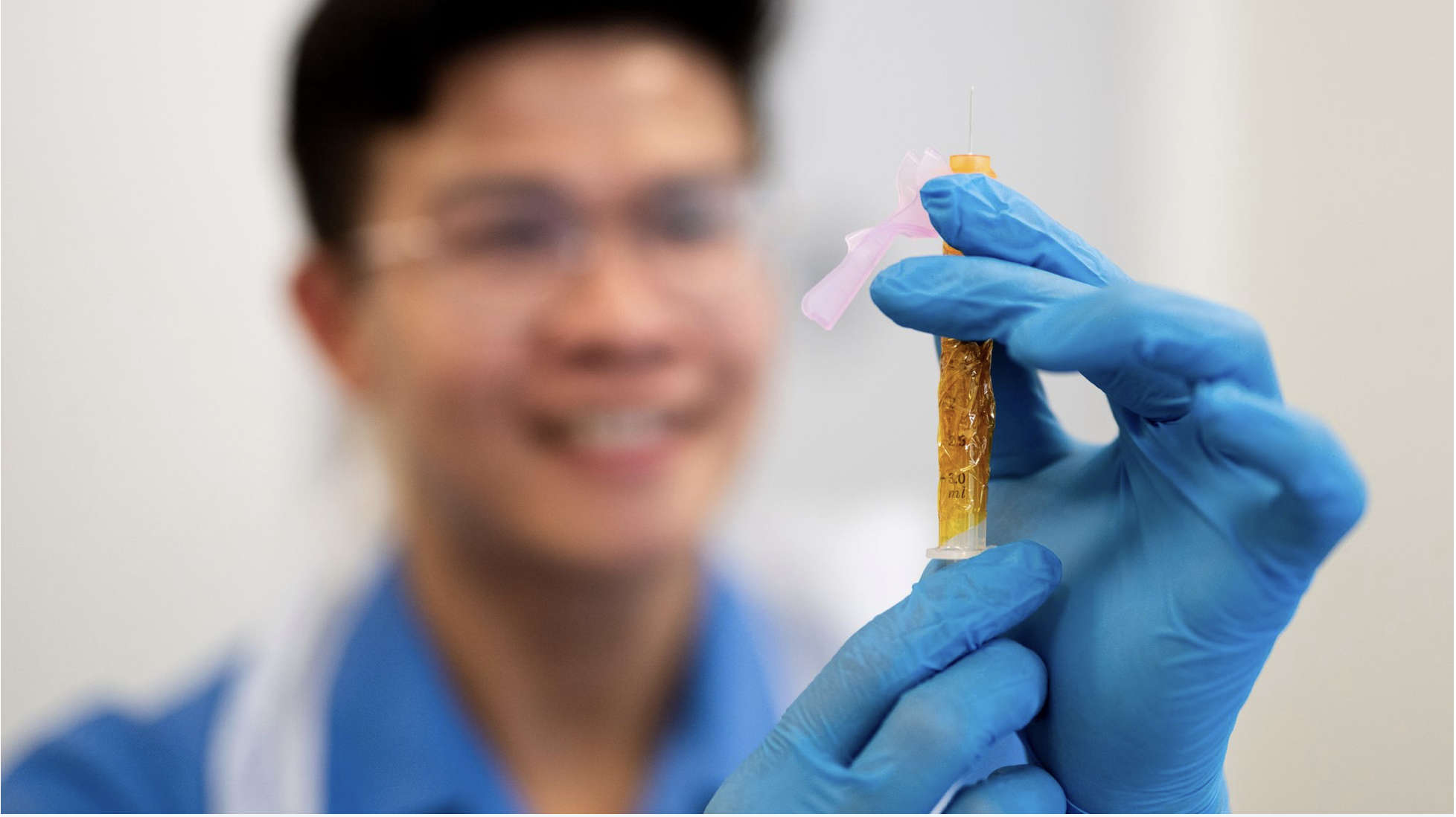 World's First Jab To Stop Skin Cancer Being Tested In UK Patients
World's First Jab To Stop Skin Cancer Being Tested In UK Patients
 New Scheme Launched To Identify East Sussex Children At Risk Of Exploitation
New Scheme Launched To Identify East Sussex Children At Risk Of Exploitation
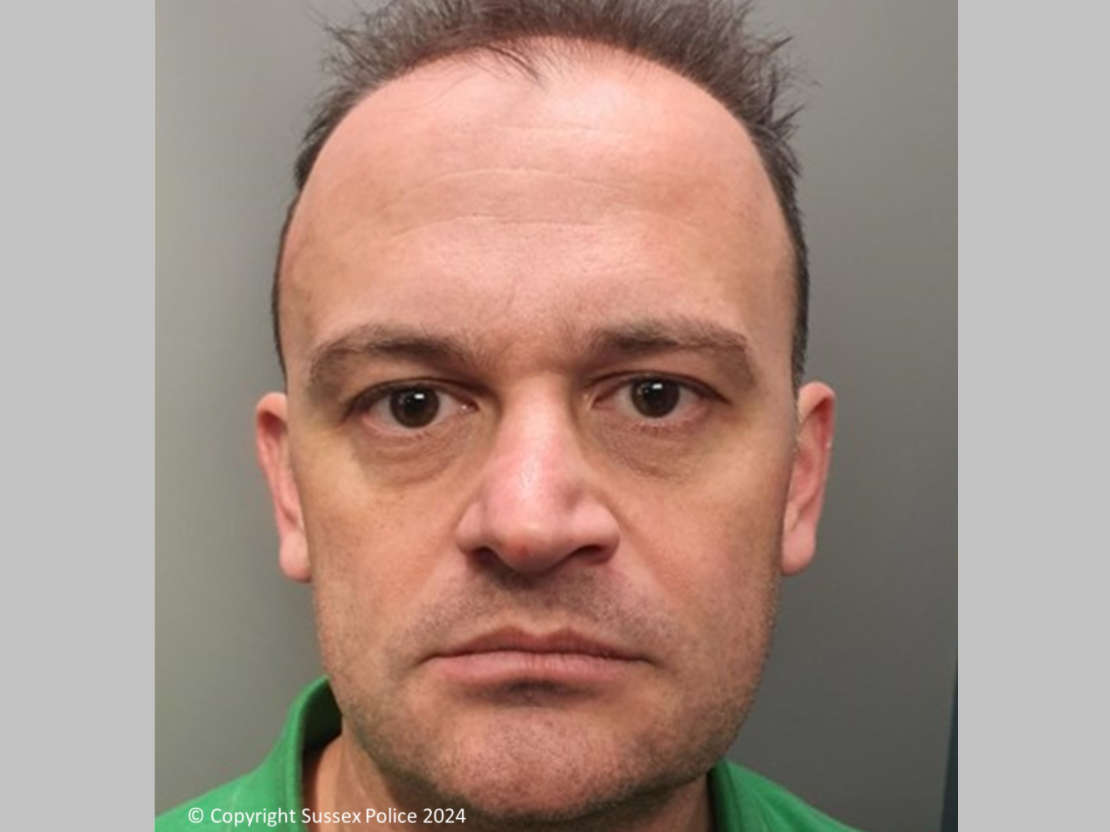 Driver Sentenced Over Head-On Collision Near Robertsbridge
Driver Sentenced Over Head-On Collision Near Robertsbridge
Comments
Add a comment